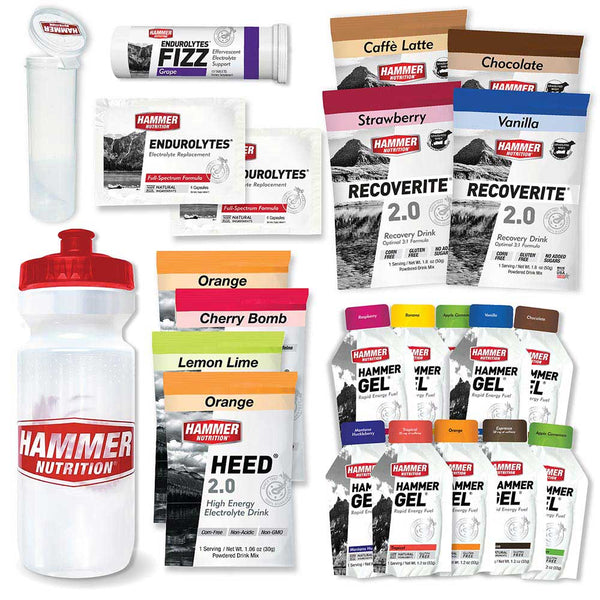Q: How is Phytolean different than Appestat?
A: Appestat's primary functions are to help suppress appetite, provide a feeling of satiety with fewer calories, reduce sugar cravings, help maintain ideal blood glucose and insulin levels, and support thyroid gland function for optimizing metabolism. Phytolean helps increase fat metabolism, decrease fat absorption and storage, and blocks the digestion and absorption of starchy carbohydrates.
Q: Can I use Phytolean with Appestat?
A: Absolutely, both products can be used in tandem. However, keep in mind that Appestat is designed to be used to recalibrate your appetite when you are initiating a calorie reduction (weight loss diet) program and thus needs to be taken at very specific times and for no more than 3-4 weeks. Using Phytolean simultaneously will absolutely hasten your weight loss. However, the beauty of Phytolean is that you can use it any time you happen to overindulge in starchy carb intake (e.g., too much bread, pasta, potatoes, rice, etc.).
Q: When would be the most ideal time to use Phytolean?
A: Ideally, Phytolean should be taken with meals, especially if high in starchy carbohydrates.
Q: How many capsules do I need to take?
A: Dosage is typically one to three capsules, depending on how much starch you will be eating. Keep in mind that the starch blocking ingredient (Phaseolus vulgaris) has been shown to block 300 times its weight in starch. That means that each two-capsule dose of Phytolean will block 300 grams (thats over 10.5 ounces!) of starchy carbohydrates from being absorbed and stored as body fat!
Q: Is there any time that I wouldn't want to use Phytolean?
A: Not really. Since it's only blocking starch-based carbohydrates, even during periods of high-volume training you will be able to effectively replenish glycogen stores post-workout, as long as you keep your "good carb" (e.g., whole fruits, leafy greens and low starch vegetables) intake. 7-9 servings per day of low starch, complex carbs will guarantee no disruption to the rapid replenishment of glycogen stores.
Here is a quick list of foods high in starchy carbohydrates:
- Rice
- Pasta
- Bread/Bagels/Muffins/Pastries/Crackers
- Cereal
- Oats
- Potatoes
- Corn
- Black Beans
- Squash
- Peas
- Bananas






